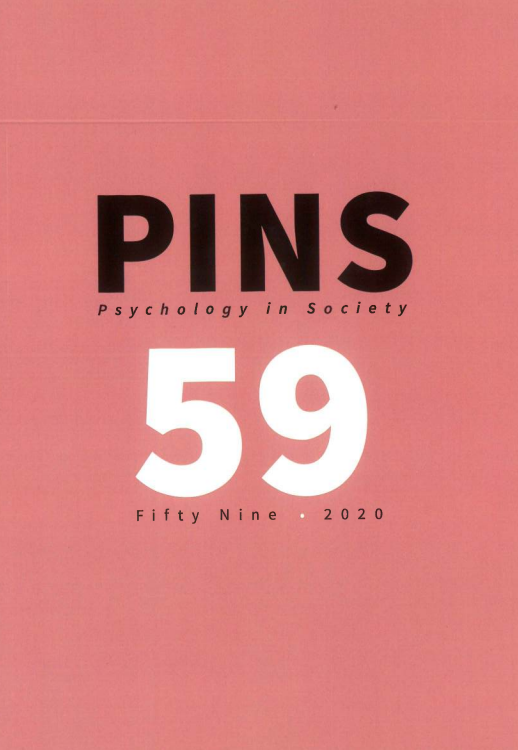A Case study of “Necklacing”: When the case has a face
DOI:
https://doi.org/10.57157/pins2020Vol59iss1a5619Keywords:
Nombulelo Dilato, “Necklacing”, Political Violence, Emmanuel Levinas, ResponsibilityAbstract
This article reports on, and develops, existing studies by Mbuqe (2010), and Mbuqe & Laubscher (2019). Political violence is the general phenomenon of interest, research and theoretical access to which is granted by a close examination of the “necklacing” murder of Ms. Nombulelo Julia Nokwakwha Dilato in Colesberg, South Africa, on the 2nd of October, 1985. The authors illustrate how their research was upset and troubled by a particular
incident – the perpetrators throwing sand on the face of the victim in order for it not to burn – and how revisiting that incident dramatically changed the course and understanding of their research. The authors conclude by suggesting an ethical scholarship, influenced by the work of the philosopher Emmanuel Levinas, as well as the imperatives of Unobuntu.
Downloads
Published
How to Cite
Issue
Section
License
This journal is an open access journal, and the authors' and journal should be properly acknowledged, when works are cited.
Authors may use the publishers version for teaching purposes, in books, theses, dissertations, conferences and conference papers.
A copy of the authors’ publishers version may also be hosted on the following websites:
- Non-commercial personal homepage or blog.
- Institutional webpage.
- Authors Institutional Repository.
The following notice should accompany such a posting on the website: “This is an electronic version of an article published in PINS, Volume XXX, number XXX, pages XXX–XXX”, DOI. Authors should also supply a hyperlink to the original paper or indicate where the original paper (http://www.journals.ac.za/index.php/pins) may be found.
Authors publishers version, affiliated with the Stellenbosch University will be automatically deposited in the University’s’ Institutional Repository SUNScholar.
Articles as a whole, may not be re-published with another journal.
The copyright of the article(s) lies with the author(s).
The copyright of the journal lies with PINS-psychology in Society.
The following license applies:
Attribution CC BY-NC-ND 4.0 - https://creativecommons.org/licenses/by-nc-nd/4.0/

